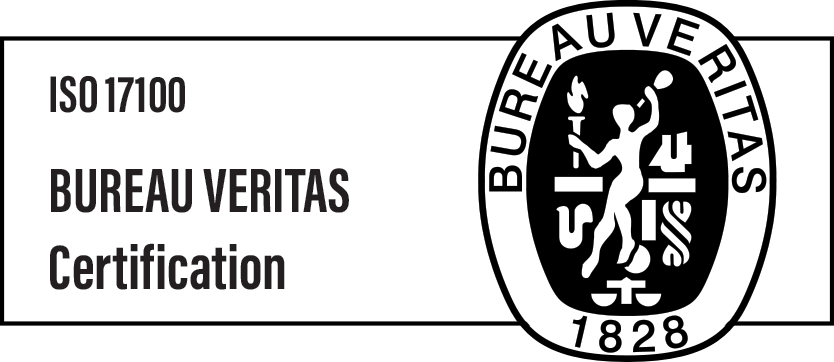
I read a lot of forums and websites where fresh translators ask how to get started in the business of freelancing.
I want to give all of them an honest answear what it looks like on the other side. We are a translation agency. We work for end clients and other LSPs. We do big and important projects, as we like to think. Our relations with our clients are based on their trust in our quality. To provide that we need to work with freelancers we can trust. We will not hire just anyone and we will not hire someone just because their rates are low.
On the other hand we need new translators and we are not able to pay whatever they ask. We are always looking for new vendors and unfortunately not so often finding the right ones. We have an established position on the market and we want to work with those who are already established as professional freelance translators.
6 things we expect from freelance translators:
- Fluently speak source language, usually not their first and native language.
- Fluently speak target(?) language. We translate mainly into Polish so the majority of our translators are Polish. We expect them to have a perfect command of Polish and it’s not easy. Polish is the most difficult language on this planet, after all.
- Specialize in a field. We hardly ever translate something as easy and mundane as this blog post. Usually we translate highly specialized texts for medical, legal, technical and other companies.
- Have equipment and tools, i.e. broadband internet, fast computer, Trados and MemoQ.
- Have time to translate. That means we prefer full time translators to those who do it after their regular office hours. Especially we value quick response times to inquiries and requests. Thanks to this approach we can meet together even really tight deadlines.
- Know and respect the rules regarding invoicing, payments, inquiries, delays, doubts, fixing mistakes etc. We don’t like to focus on formalities and paperwork, too. We like dealing with translation projects. We will have only as much paperwork as absolutely necessary for the business to keep running.
If a newly recruited translator misses one of the above, we will probably choose his more professional colleague, even if they are willing to charge us 20% less.
So if you think you are fit for the job and want to give it a try here is some advice:
- Find your niche, a field that excites you and make it your hobby. Be up-to-date and have a deep understanding of the way it works, be it a car, an ultrasound machine or franchising procedures. Describe it in your CV.
- Keep learning the language. It goes both for source and target languages – read books and publications, follow grammar/language blogs, know idioms, interpunction, new words. We will appreciate it if you have valid language certificates.
- Equip your office and do not be scared by technology. CAT tools are sweet as cats once you get to know them;-) They also bring you more money!
- Accept codes of good practices, procedures and payment terms of an agency. Believe us, we’ve been dealing with it for a long time and we know it works. It may seem complicated, payment terms may seem long and our rules harsh. In the long run we made them to make our cooperation smooth also for your convenience.
- Follow our instructions regarding the job. They are in fact the client’s instructions.
- Send your projects on time. Remember that we need your engagement to keep the client happy and send us next projects.
- Communicate and be open in case of any doubts and obstacles along the way of a project and please communicate them as soon as possible so that we have time to help you. Hoping that we will miss your mistakes is futile and it will work for you only once.
Discouraged? I hope not. Get your staff together and when you ready, send us your CV!

